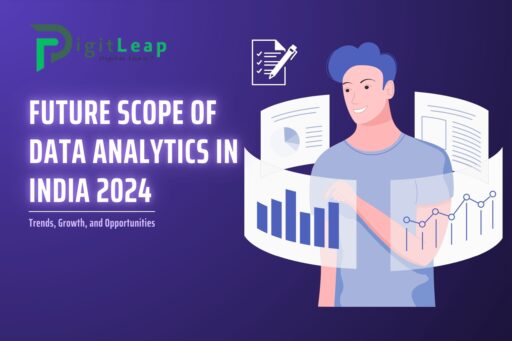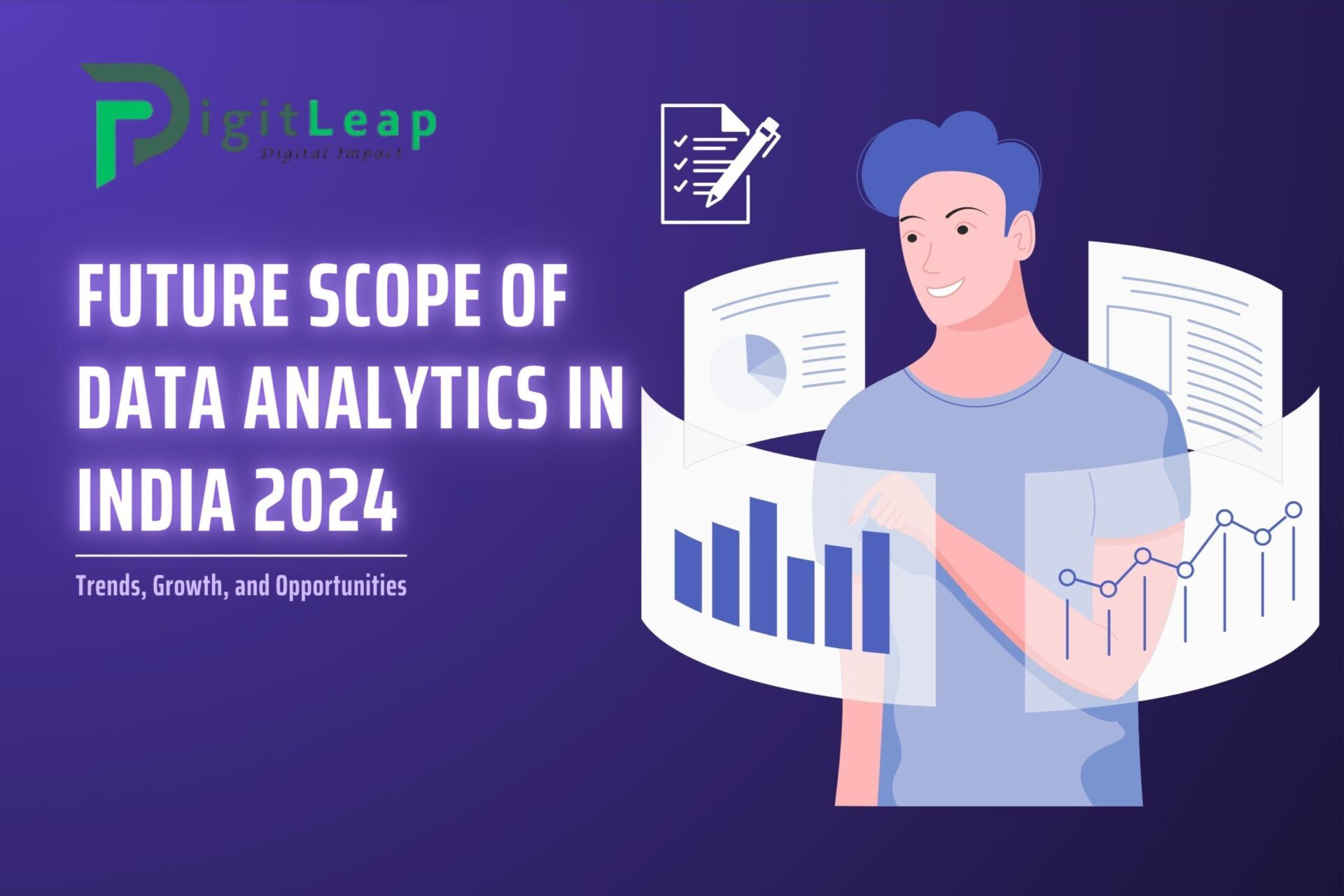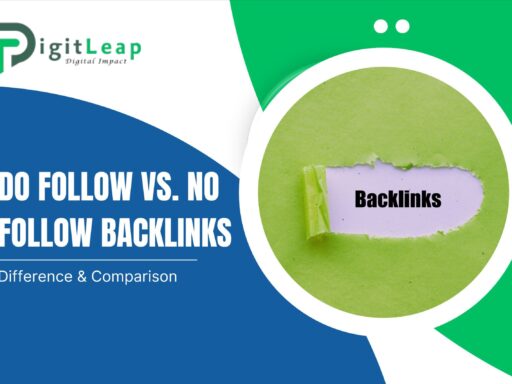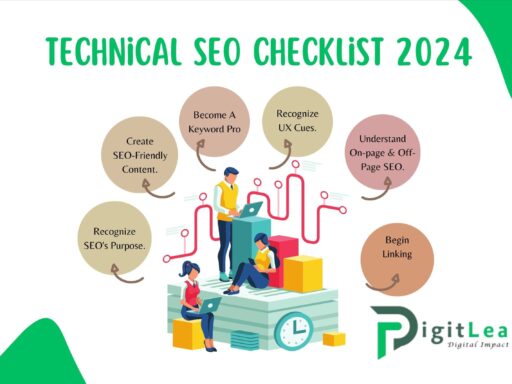Future Scope of Data Analytics in India 2025: Trends, Growth, and Opportunities
Introduction
Data analytics is transforming industries across the globe, and India is no exception. With the increasing adoption of digital technologies, artificial intelligence (AI), and machine learning (ML), businesses are leveraging data to drive strategic decisions. As we step into 2025, the future of data analytics in India looks promising, offering immense growth opportunities for businesses and professionals alike.
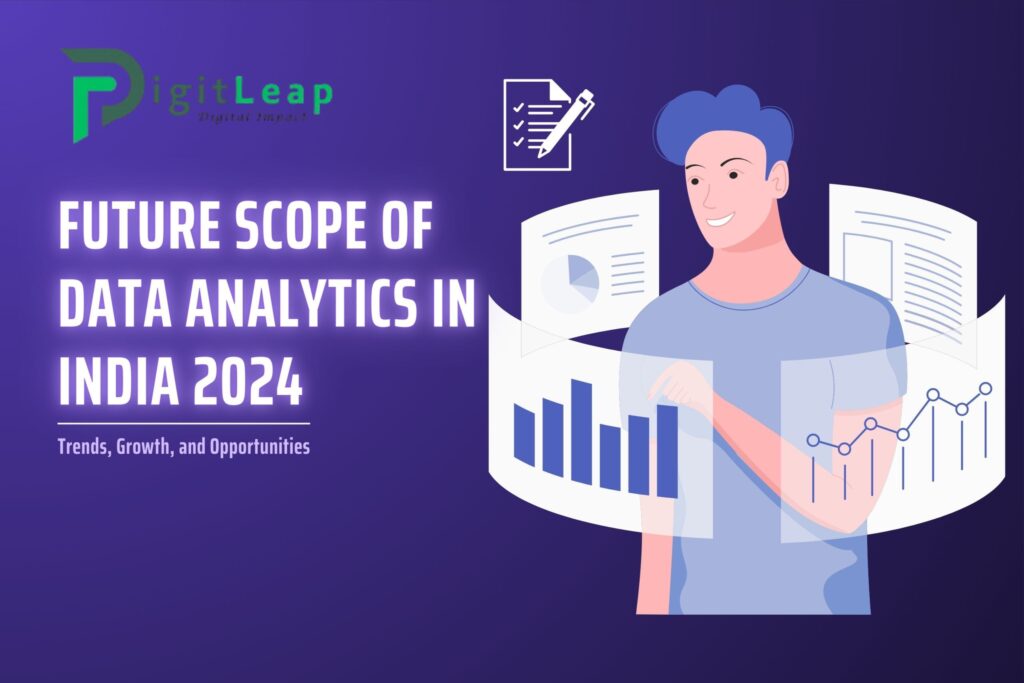
Current State of Data Analytics in India
India has emerged as a global hub for data analytics, with industries such as IT, healthcare, finance, retail, and e-commerce investing heavily in data-driven solutions. Several factors contribute to this growth:
- Government Initiatives – Programs like Digital India and Smart Cities encourage the use of data analytics.
- Startups & Enterprises – The rise of data-driven startups and the expansion of multinational corporations in India.
- Growing Talent Pool – India produces a significant number of skilled data scientists and analysts annually.
Key Trends Shaping Data Analytics in 2025
1. AI-Powered Analytics
AI and ML are playing a crucial role in enhancing data analytics capabilities. Automated machine learning (AutoML) is helping businesses derive insights faster, making analytics more efficient and accessible.
2. Cloud-Based Analytics
With the rise of cloud computing, companies are shifting to cloud-based analytics platforms like Google Cloud, AWS, and Microsoft Azure. This allows for scalable, cost-effective, and real-time data processing.
3. Real-Time Data Processing
Businesses are increasingly using real-time analytics for faster decision-making. Industries like finance and healthcare rely on instant insights to enhance customer experience and operational efficiency.
4. Data Privacy and Security
With the enforcement of data protection laws like the Digital Personal Data Protection Act (DPDP) in India, companies are prioritizing secure data management practices. Cybersecurity and compliance will be crucial in the analytics landscape.
5. Expansion of Data-Driven Decision-Making
Companies across all industries are integrating analytics into their core business strategies. From predictive analytics in healthcare to customer insights in e-commerce, data-driven decision-making is becoming standard.
Growth Opportunities in Data Analytics
1. Job Market & Career Prospects
The demand for skilled data professionals is rising. Some of the top job roles in 2025 include:
- Data Analyst
- Data Scientist
- Business Intelligence Analyst
- Machine Learning Engineer
- Big Data Engineer
2. Industry-Wise Adoption
- Healthcare – Predictive analytics for disease diagnosis and treatment planning.
- Finance & Banking – Fraud detection, risk management, and personalized financial services.
- Retail & E-commerce – Customer behavior analysis and recommendation engines.
- Manufacturing – Supply chain optimization and predictive maintenance.
3. Growing Investment in Big Data
Both Indian and global companies are increasing their investments in data analytics tools and infrastructure, leading to enhanced innovation and improved decision-making processes.
Conclusion
The future of data analytics in India is bright, with significant advancements in AI, cloud computing, and real-time analytics. As businesses continue to harness the power of data, professionals skilled in analytics will have abundant opportunities for growth. Whether you are an enterprise looking to scale operations or an aspiring data professional, now is the perfect time to embrace the data revolution in India.Future Scope of Data Analytics in India 2025: Trends, Growth, and Opportunities

